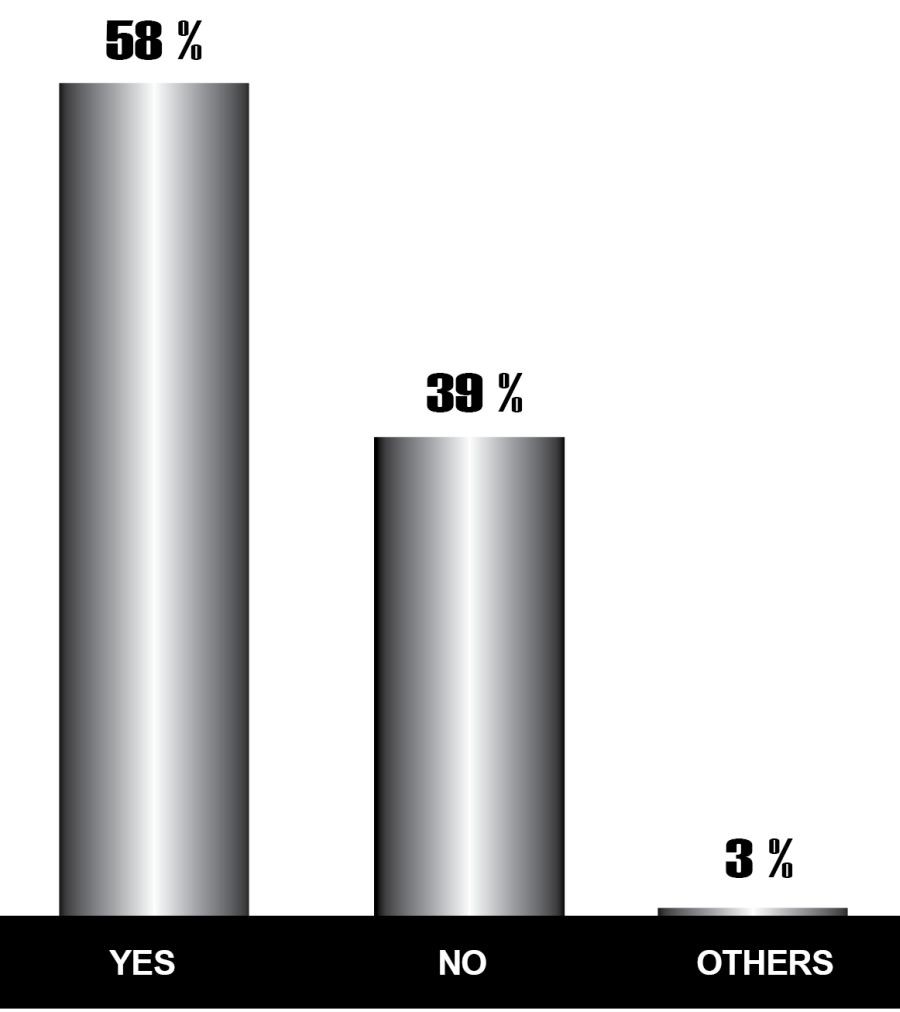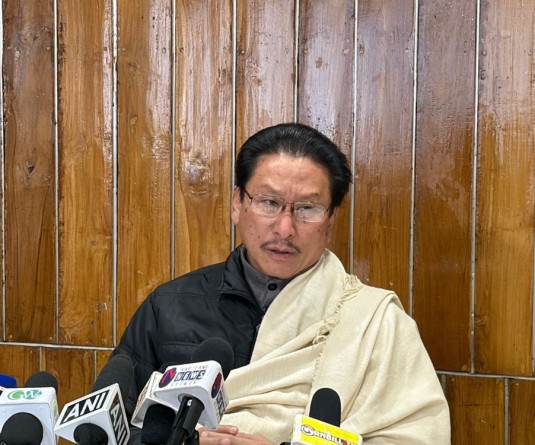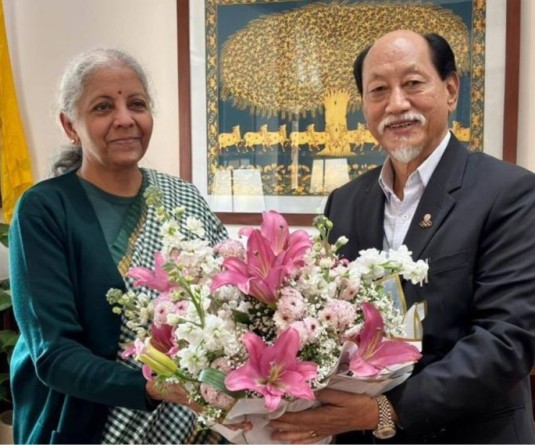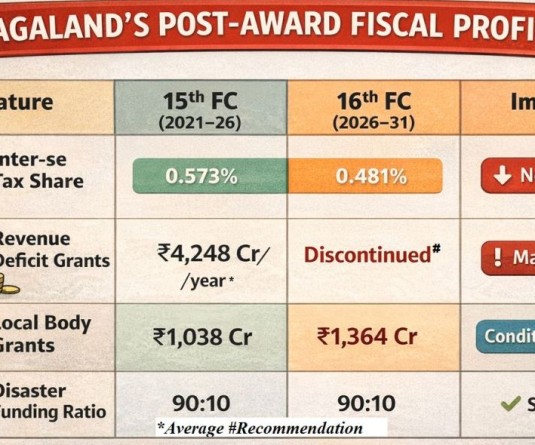
Morung Express News
Dimapur | November 19
While most people from Nagaland profess to be of the Christian faith, issues like corruption and other societal and governmental malpractices exist because the religious faith does not translate into public life, as per responses to the weekly poll conducted by The Morung Express from November 12 to 19.
Responding to the question, “In Nagaland, do people separate the practice of Christian faith from the political culture? Give Reasons,” at least 58 percent of the respondents were of the view that Naga Christians separate religious faith from political culture, while 39 percent voted ‘No,’ and 3 percent voted ‘Others.’
Among those who voted ‘Yes,’ one respondent viewed that this separation is why “people have no problem being corrupt in their professional and social life but very religious in their spiritual life.” When will people realise that our Christian faith cannot be approached in piece-meal fashion, they posed in their response.
Similarly, another stated, “We are a land of tribalism and rampant backdoor appointments. Even pastors keep quite on backdoor appointments and corruption in their church.” There is a ‘big mismatch’ between holy beliefs and actual practice, they maintained.
“Obviously, yes. Proxy votes, tribalism, backdoor appointments and many other vices we see commonly in our society is not taught by our Christian faith,” said another respondent, who went on to assert that “We don't care about our religious beliefs during elections.”
Interestingly, while voting ‘Yes,’ some respondents were of the view that the separation can be both good and bad at the same time.
“Everything about religion is not good. If we always make decisions based on religion, we will become intolerant like ISIS and RSS. Politics gave us democracy and elections and so on. Rational people take the best of both worlds and avoid the harmful extremes,” one of the respondents opined.
On a similar note, another responded that some people believe in Christianity at the personal level but “don't mind joining a political party that has anti-Christian records or constitution.” However, they also opined that this separation can be good too, “because not all religious doctrines are good. If we strictly interpret religion verbatim, we will have a very intolerant society like denial of equality to women and so on.”
Meanwhile, some that voted ‘No’ viewed that ‘Our Christian morals are always with us.’
“Just because we fail sometimes during our political life does not mean we forget our Maker. Our Christian faith always guides us consciously or unconsciously,” commented one respondent.
Notably, another person viewed that religion has been weaponised by politicians and that “It's like they are being trained to play with the minds of the people,” and what they do is “sit and relax and watch the happening in the society.”
Another referred to the adage, “Money is the root of all evil,” and elaborated that politics is a “platform to make easy money,” because of which most faithful believers too get involved in politics. However, “They do not practice what they preached. Clean election is a dream for our beloved State,” they added.
“Many Christian organizations are involved in politics,” said another, while another opined that “the political structure has also crept in on the socio-cultural aspect of the Christian dominant settings of Nagaland.”
“Forget about other political settings in the secular world, the church itself is no more free from the clutches of people with political agendas working behind the scenes even as leaders of the church. We hardly find worthy people based on Biblical standings of the election of elders working in our churches anymore,” the comment read.
Majority of the Nagas are Christians only by birth but not by faith and belief. It will not be correct to claim that Nagas are majority Christians, another respondent who voted ‘Others’ added.






